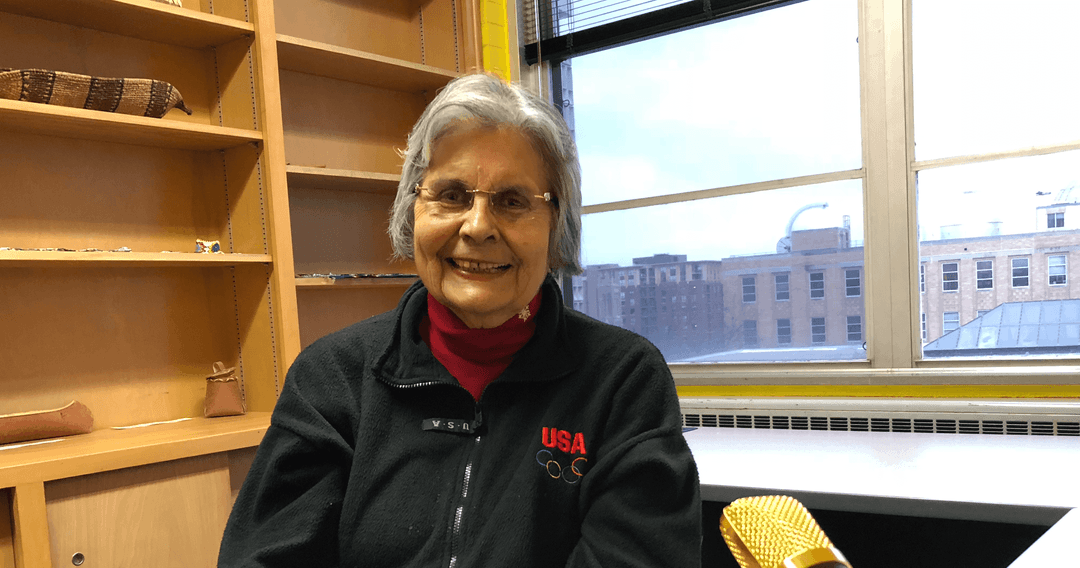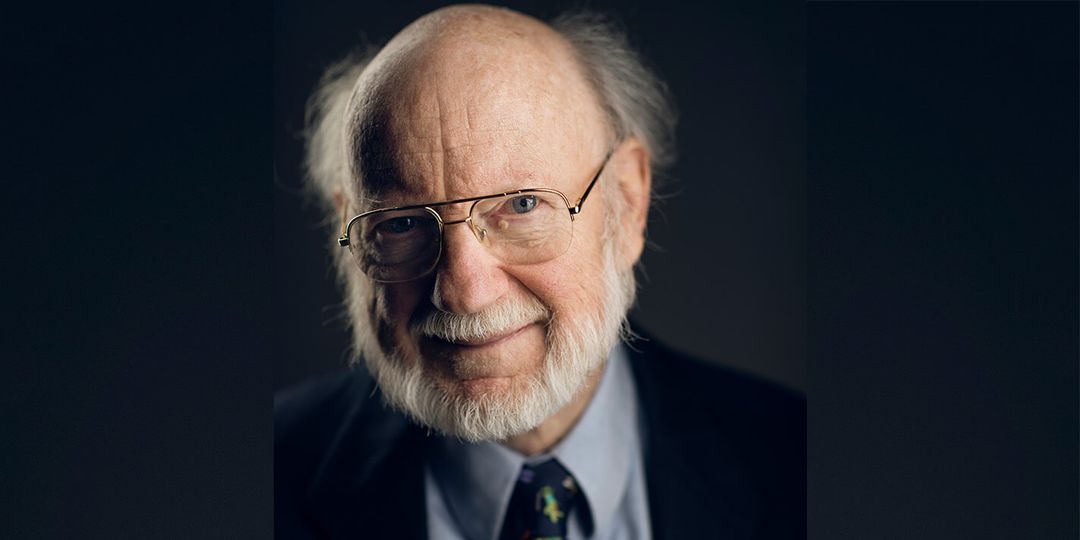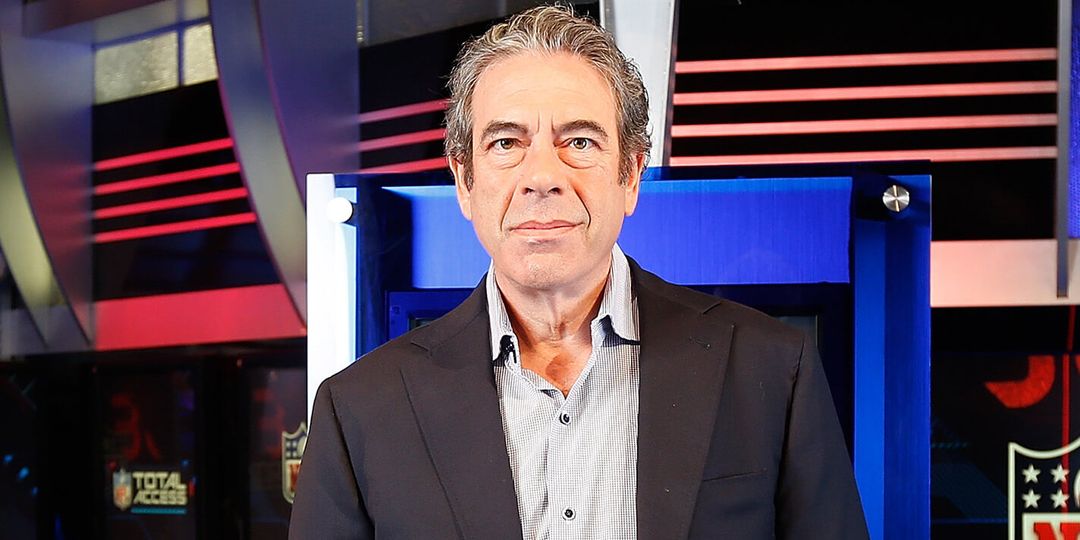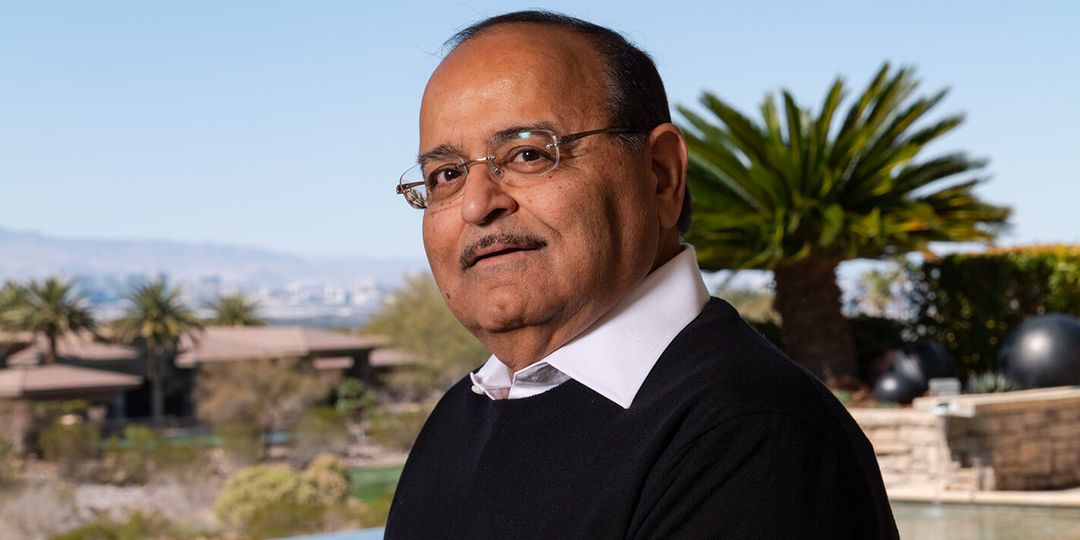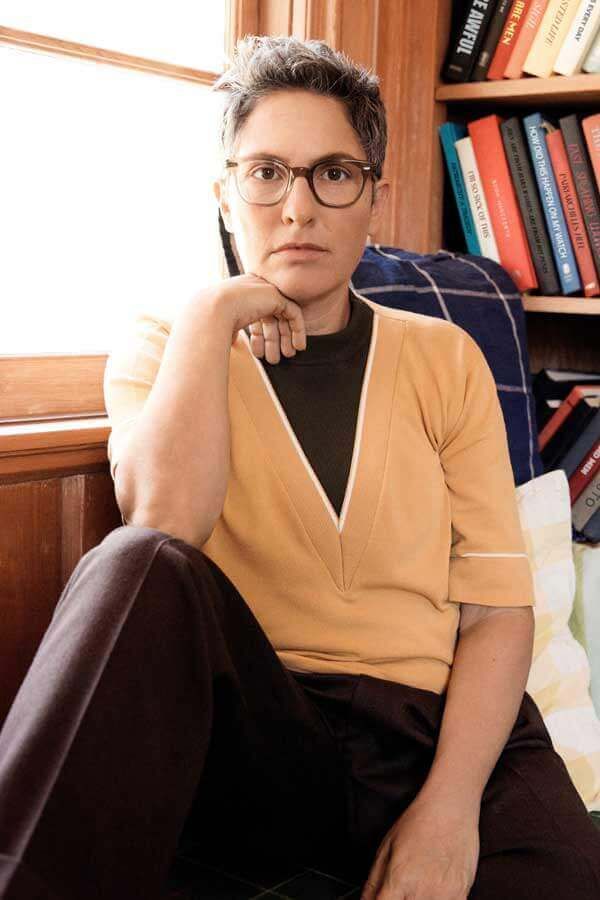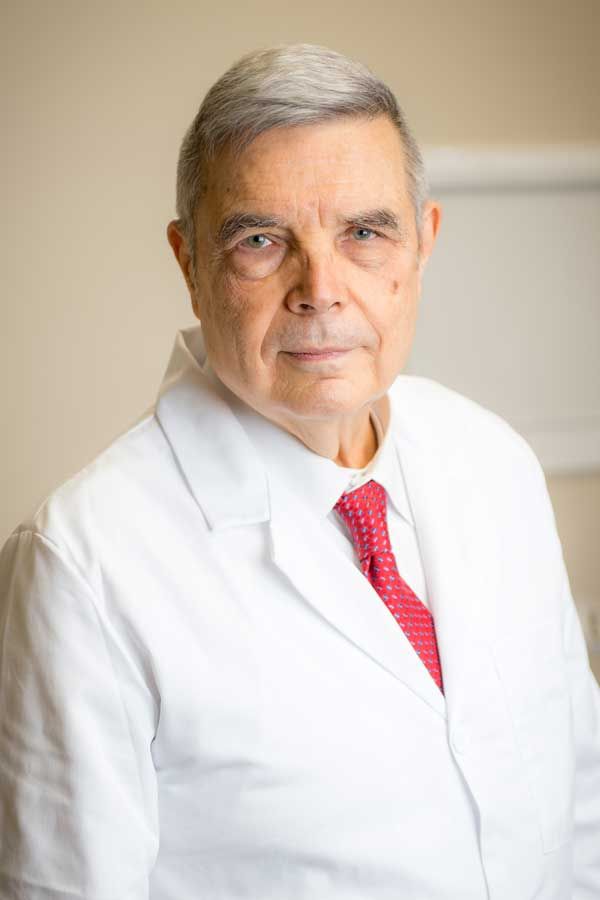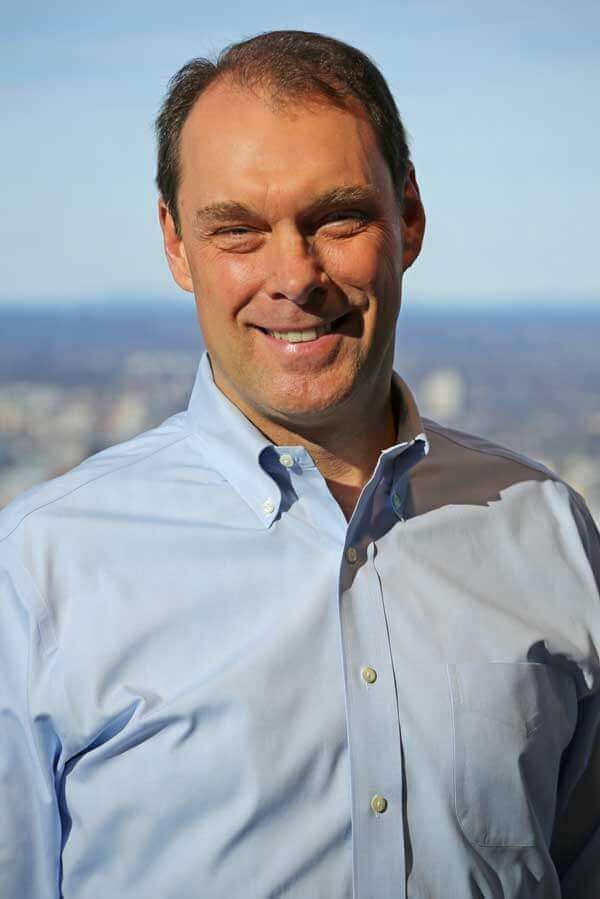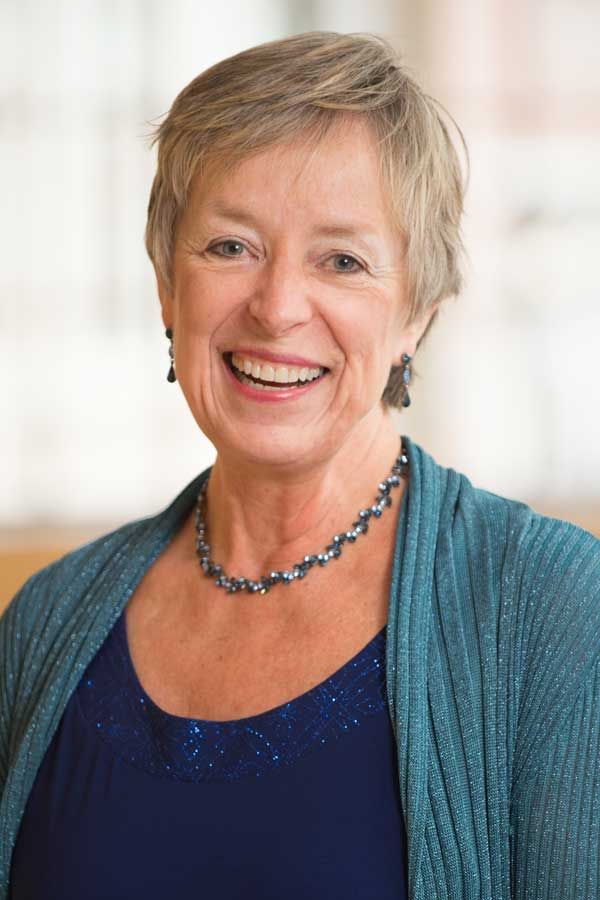2011 Distinguished Alumni Award Honoree
Only her friends know her as Au (pronounced “Ah-o”). But everyone who meets Kamoltip Payakvichien MA’71 knows her as someone who is driven to make her home country of Thailand a better place.
Even as a child in Nakhon Nayok, a rural province 74 miles northeast of Bangkok, where she grew up fishing in the village’s rice paddies, Payakvichien had big dreams of making a difference. Society, at the time however, had other plans. “Traditionally, Thai kids were not encouraged to be inquisitive or to be too adventurous,” she said.
Luckily, Payakvichien‘s parents didn’t follow every Thai tradition. “They always supported me in everything I did and never once held me back,” she said. That included supporting her decision to finish her master’s degree at the University of Wisconsin-Madison after spending three years at Silapakorn University in Thailand.
She became intrigued by UW-Madison after a member of the United States Peace Corps shared insights into some of the finest American universities. “It also didn’t hurt that my fiancé was getting his graduate degree there as well,” she recalls fondly.
"Through the UW, I was ingrained with the idea that good universities need to help everyone ..."
Going from Thailand to Wisconsin was definitely a culture shock. “My first time seeing snow was so amazing,” she said. “I just wanted to sit by the window and watch the snowflakes fall.” But that fascination was short-lived. “A couple of weeks later, after I would slip and slide at least once a day, I started to think that I would not make it through the rest of that first winter.”
Maybe just as shocking for Payakvichien was seeing how both countries were affected during civil unrest caused by the Vietnam War. And after witnessing UW student protesters in action, “I decided then that I wanted to live with the kind of passion they had,” she said.
She used that passion to succeed inside the classroom and out — establishing the Thai Students Association of Wisconsin, and by being one of the co-founders of the Wisconsin Alumni Association of Thailand (WAAT). “Through the UW, I was ingrained with the idea that good universities need to help everyone, not just the individual students,” Au recalled.
Years later, Payakvichien was also a member of the committee that helped bring the Thai Pavilion — one of only four located outside of Thailand — to Olbrich Gardens in Madison.
After graduating from UW, Payakvichien returned to Thailand to take a job with a leading trading company, Loxley (Bangkok) Public Co., Ltd., and in 1976, she joined Colgate Palmolive (Thailand). “It was here that I learned how to work, and acquired skills for use in business,” she said. “At the same time, it taught me to be a responsible, honest businesswoman— someone concerned about good governance and the well-being of employees, along with being conscious of society as a whole.”
From there, Payakvichien’s entrepreneurial spirit took over, and in 1993, she opened the Wangree Resort hotel in her home province of Nakhon Nayok. “At first I thought that it would be purely a relaxing retreat away from my corporate life in the city,” she said. “Wow, was I wrong!”
Coming back home, as often happens, Payakvichien ran into many old friends and people she grew up with. And while she was about the same age as many of these people, she was startled at how the manual labor her friends endured aged them dramatically over the years. “I began to think that if I could teach them to use technology, their lives could be made that much easier,” she said.
It was at her resort where Payakvichien set up the “Farmer Career Center,” to teach farmers modern practices of processing crops and commercializing products to help them improve their way of life. “I encouraged farmers to make value-added products and showed them how to access and use technology to make their lives better,” she said.
From there, she lobbied for a government project centered around indebted farmers and laborers and created a program, “Change Your Life in Seven Days,” to give farmers who owed money to banks and had been late in making payments for at least three years a second chance at turning their livelihood and their lives around. But before they could do that, Payakvichien had to convince them to change their lifestyles — no more drinking and gambling — and create value in the resources around them. No easy task.
“At present, we have had over 20,000 people go through the program,” Payakvichien said proudly. “And while not every single person has gone on to change their lives, I never tire of hearing about the ones that do.”
In 1998, Payakvichien joined the Universal Peace Federation, Thailand Chapter, where she worked with government officials and religious leaders to develop peaceful solutions to some of her country’s problems. And, since 2000, she has also worked with the Paveena Foundation to help women who have been victims of rape and human trafficking.
Whether working to better herself and her peers at UW-Madison, or to improve the life and work of people in her home country of Thailand, one thing is certain: Kamoltip Payakvichien —Au — has definitely made a name for herself.
In Appreciation
Thank you to my fellow Badgers, thank you to the University of Wisconsin and thank you to the people of Wisconsin. It is with great humility and pride that I accept this award. My life would not be what it is today, without the things I experienced, the people I met and the time I spent at the University of Wisconsin. Let me share and cherish with you some of the events and people that helped shape my life.
So many people in Wisconsin were important for my success. It is unfortunate that I can only mention a few of them now. When I arrived on campus, it was the first time I had ever been outside of Thailand. I was nervous, frightened and worried about whether I would make it back home in one piece. My mentor, Professor Robert Miller, took away all of those fears. In Thai culture, professors are intimidating, scary figures; however, with Professor Miller’s kindness, guidance, and care I was able to succeed. Professor Wilmott and Mrs. Jane Ragsdale were like a mother and father to my husband and I. Not only did they impart knowledge upon us, but they provided support and advice outside the classroom as well, even presiding over our wedding.
While in Wisconsin, I attended one of the corn festivals. It was a wonderful party filled with people eating corn, caramel apples and cotton candy, playing games and having a good time celebrating their harvest. I was so intrigued that those putting on the event were having so much fun and able to be so generous. I grew up in Nakhon Nayok, a rural province, north of Bangkok, and we had many farmers too. However, life here consisted of long hours toiling in the rice paddies, and laboring endless hours on the farm. It would be difficult for the people of Nakhon Nayok to ever put on an event like the festivals of Wisconsin.
For a long time I wondered what I could do to help improve the lives of the Thai farmers and villagers. I remembered my lessons in Economic Anthropology with Profession Adrian Southall. He taught me the potential to help people with economics, as well as the potential within each and every one of us. With this in mind, I decided to create the Farmer Career Center for farmers and villagers, focused on adding value to their goods and creating more efficient processes for their tasks.
Over the course of more than ten years, we have had over 23,000 farmers and villagers pass through the Center. Our accomplishments include giving people an income, in some cases, increasing their incomes by as much as 100 fold. And recalling the corn festivals of Wisconsin, I was inspired to start the first local farmer’s markets throughout Thailand. These markets allowed farmers to sell their goods directly to consumers, providing better profit margins for the farmers and higher quality, fresher produce for the consumers.
In closing, I would like to once again thank everyone for sharing in this award with me. I have always believed that accomplishments are not ours alone. Rather, they are the result of positive influences of those that teach us, support us and love us. I truly believe that what I have done is not mine alone, but credit for my accomplishments are due to the University of Wisconsin and the people that I have met here. I am eternally indebted to you all, so again thank you, the University and people of Wisconsin.
